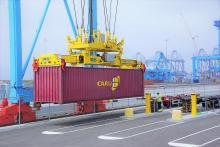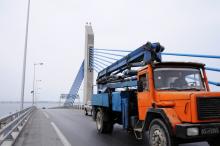Transportation PPP Toolkits
General Transport
Toolkit for Legislators
-
PPP for transportation: Toolkit for Legislators - This toolkit provides expert guidance, dependable counsel and a compilation of best practices to assist state legislatures as they consider whether and how to pursue PPPs in their states.



